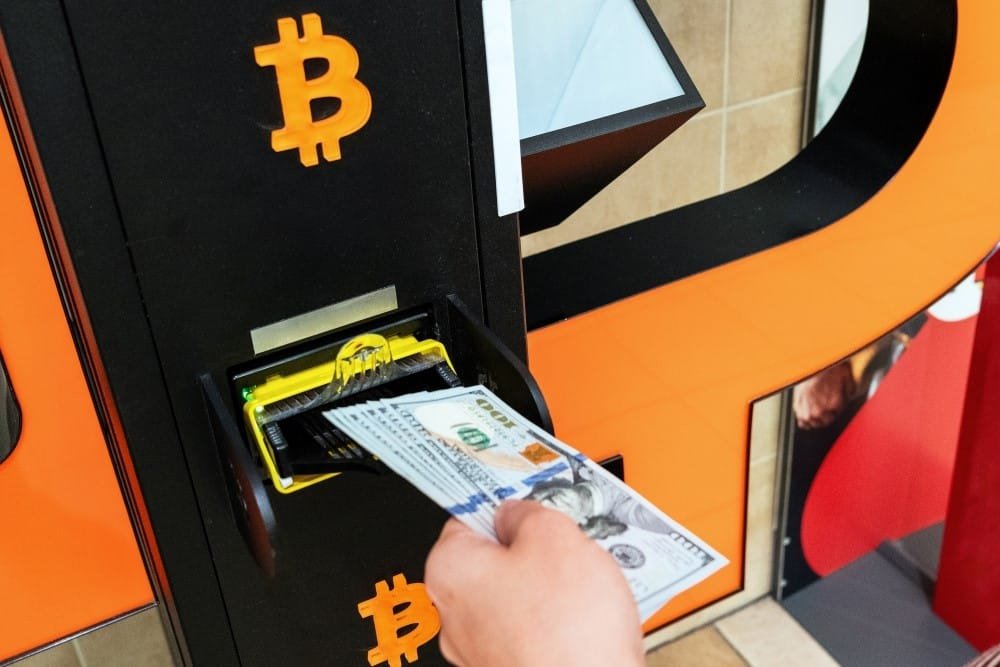Edited by Matt Waller
Pennsylvania’s Attorney General, Dave Sunday, has issued a stark warning to residents about a surge in sophisticated Bitcoin ATM scams. As scammers employ increasingly intricate tactics to steal personal information and access consumers’ funds, authorities are ramping up efforts to safeguard investors—not just in Pennsylvania but across the nation.

Key Points
- Statewide Warning: Pennsylvania’s AG has alerted residents to scams targeting Bitcoin ATM users.
- Scam Tactics Revealed: Scammers initiate contact via calls, texts, emails, and social media to coerce victims into large cash withdrawals.
- Preventive Measures: The AG advises caution—avoid unsolicited communications and verify requests through official channels.
- Federal Action: The SEC and FBI are bolstering their fight against crypto fraud, with new units and initiatives protecting retail investors.
- Industry Impact: The scam wave underscores the need for stronger consumer education and regulatory oversight in the fast-evolving crypto landscape.
A Closer Look at the Scam Tactics
In a detailed statement, Attorney General Dave Sunday explained that the scam typically begins with seemingly innocuous communications—a phone call, text message, or email, sometimes even a pop-up alert on a computer. These messages, designed to create a sense of urgency, often use phrases like “protect your money” or warnings about imminent criminal charges, aiming to scare recipients into immediate action before they have a chance to think.
“Scammers will try to alarm, scare, and persuade you to act quickly—often before you realize you’re being targeted,” Sunday said. According to the AG, these fraudsters are particularly cunning, using personal details such as bank information to tailor their deceptions. Once a victim is hooked, they are coerced into making a large cash withdrawal through a Bitcoin ATM. The final, critical step involves asking the victim to scan and send a QR code, an action that grants criminals unhindered access to the funds, often making recovery impossible.
How to Protect Yourself from Bitcoin ATM Scams
Attorney General Sunday is urging Pennsylvania residents to adopt a series of simple yet effective measures to avoid falling victim to these scams:
- Verify Before You Click: Do not click on unexpected links or respond to unsolicited calls, texts, emails, or computer pop-ups. Always verify requests by contacting the institution directly via their official website or customer service.
- Take Your Time: Genuine law enforcement and bank personnel will never pressure you into making hasty decisions. If you receive urgent requests for personal information or payments in Bitcoin or gift cards, treat them as red flags.
- Stay Informed: Keep up to date with advisories from trusted sources such as the Pennsylvania Attorney General’s office, the SEC, and the FBI. Awareness is your first line of defense against these scams.
These steps, while simple, are critical in an environment where digital scams are becoming increasingly sophisticated and harder to detect.
Federal Measures and Global Efforts to Combat Crypto Fraud
The issue of crypto fraud extends far beyond Pennsylvania. On a national level, regulatory bodies are intensifying their efforts to protect consumers. Recently, the U.S. Securities and Exchange Commission (SEC) replaced its Crypto Assets and Cyber Unit with the newly formed Cyber and Emerging Technologies Unit (CETU), staffed by up to 30 fraud specialists dedicated to shielding retail investors from fraudulent activities in emerging tech.
Similarly, the Federal Bureau of Investigation (FBI) has launched Operation Level Up—a proactive initiative that has already recovered approximately $285 million in losses from crypto scams between January 2024 and January 2025. These federal actions underscore a coordinated effort to clamp down on cybercrime and restore confidence in the digital asset market.
The Broader Implications for the Crypto Ecosystem
The warning from Pennsylvania’s Attorney General highlights a critical juncture in the evolution of the crypto market. As Bitcoin and other cryptocurrencies become more integrated into everyday financial transactions, the risk of scams and fraud increases. This situation has sparked a broader conversation about the need for more robust consumer education, improved regulatory frameworks, and enhanced technological safeguards.
Experts believe that if such scams can be curtailed through better awareness and tighter regulations, the crypto industry will emerge stronger and more secure. In this context, initiatives at both state and federal levels are vital in ensuring that consumers are protected as digital currencies continue to gain traction worldwide.
Conclusion: Staying Vigilant in a Digital Age
As Pennsylvania grapples with the rise of Bitcoin ATM scams, residents are reminded that vigilance and due diligence are their best defenses against fraud. Attorney General Dave Sunday’s warning is not just a local alert—it is a call to action for consumers nationwide to remain cautious, verify all communications, and stay informed about emerging threats.
With federal agencies ramping up efforts to combat digital fraud, the combined push for consumer protection and regulatory clarity may well pave the way for a more secure future in the crypto landscape.